The lure of agricultural contracting overseas
Agricultural contractors work long hours, yet the lure of the industry holds much appeal and those with a sense of adventure, use their skills to travel the globe
Craig Wilson is one of a growing number of NZ Young Farmers members who have travelled overseas to plant and harvest crops. He vividly recalls arriving on the hot, dusty plains surrounding Morawa, four-and-a-half hours’ drive north of Perth.
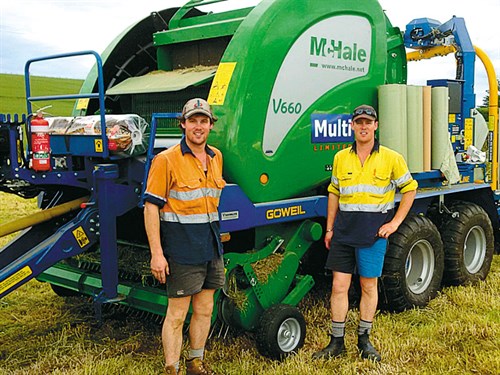
The area’s average rainfall is a meagre 300 millimetres a year. Scorched red earth is a striking feature of the parched landscape. "I remember wondering how anything could grow in such a barren place," Craig says.
Across the ditch
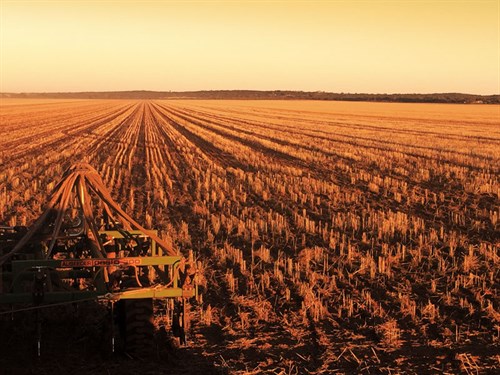
Water may have been in short supply, but opportunities weren’t. Craig (27) and his twin brother Scott spent their early 20s working in Western Australia. The pair first arrived in 2010, doing a six-week stint seeding crops, before flying back to New Zealand to finish their apprenticeships. They moved to Australia in mid-April 2011 and stayed for five years, driving tractors and working in the mines.
One of the farms Craig worked on grew 12,000 hectares of grain. "Seeding usually started about a week before ANZAC Day in mid-April. Then the gear goes 24 hours-a-day, seven-days-a-week for two months," he says.
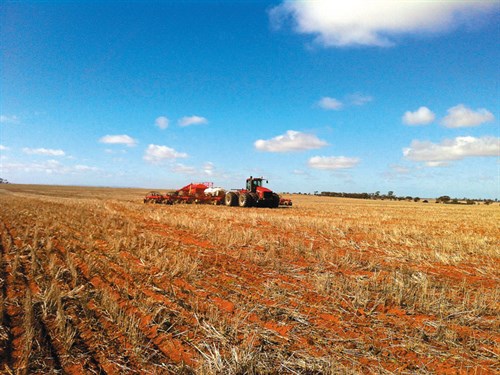
"We’d have two or three seeding rigs going at once. We’d drill seed into the dry soil, then pray for rain." The main crops grown in the area were wheat, canola, lupins, and barely.
"You’d be surprised how little rain was needed to produce a crop. A bit of moisture combined with heat and the wheat was bouncing out of the ground within eight to 10 days and growing like mad."
Machines at work
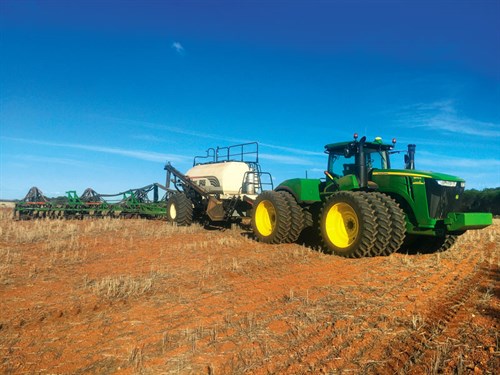
Planting up to 500 hectares every 24 hours meant the machinery used to carry out the job had to be big. "We had two tractors, one was a 500hp pivot steer the other was a 570hp pivot steer. Both had 18.5-metre bars and were pulling 22-tonne seed and fertiliser bins," he says.
"In most places, shifts driving the tractor are usually 12 hours, and you spend an hour either side of that organising gear." The varied work provided huge opportunities for the Glenavy Young Farmers member to learn new skills.
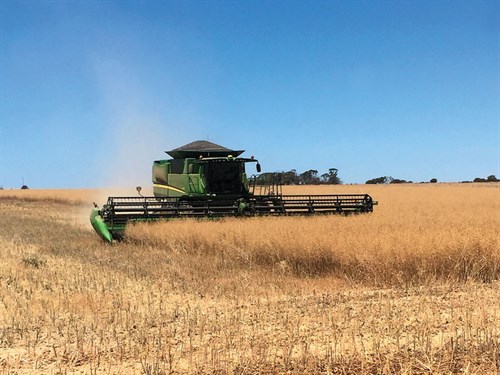
"I gained a lot of skills driving everything from swathers, seeding rigs, self-propelled sprayers, and even a road train. That’s what got me interested in driving machinery I suppose," he says."Every farmer is keen to teach you what they know. They want you to learn and broaden your outlook. Most people would never get the opportunity to drive machinery like that in New Zealand."
Craig preferred being behind the wheel of massive road trains, which carted the season’s gain harvest to bulk handling depots. "Our local CBH depot was only 15km down the road. But if I had to take a load to port that was a 280-kilometre round trip," he says.
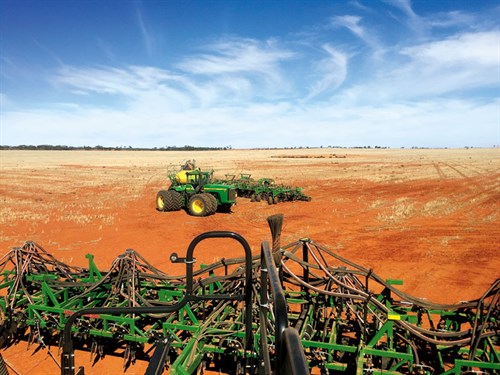
Craig said good staff who looked after gear was hard to find in Western Australia and Kiwi workers were always in demand. "Kiwis love to work. If you’re going to fly overseas to earn a living, you’re generally motivated and a good worker to start with," he says."It’s an amazing experience. The people I worked for welcomed me into their family and they became close friends."
Craig would often clock up 100 hours a week and admits there were times when boredom would set in. "All of the tractors are auto steer, so you just turn the corner, push a button, and monitor everything. Some of the runs can be three to four kilometres long," he laughs.
Setting up business
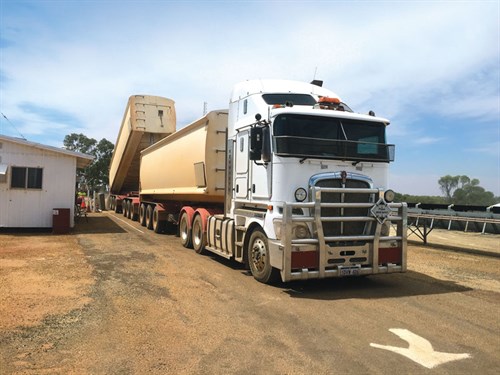
Craig says for a few more hour’s work, his pay rivalled what he earned in the mines. "I brought a fair bit of money back to New Zealand and so did my brother Scott," Craig says. The pair used the cash to start their own rural contracting business in Waimate called Multi Ag Limited.
"We operate several types of balers producing conventional square, medium square, and round bales. Plus, we have a round baler fitted with a combi wrapper to make individual silage bales," Craig says.
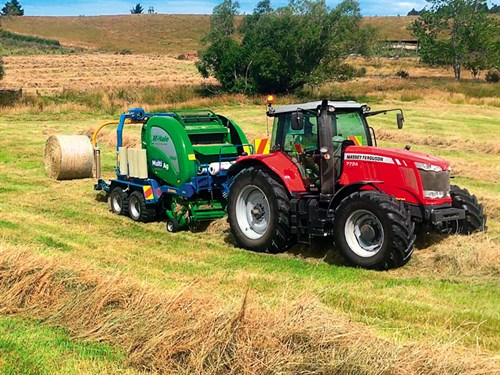
"The business also owns mowers, tedders, a combine harvester, and we’ve recently bought a truck and trailer unit to cart bales and woodchip."
Craig personally owns an agricultural spraying business, operating a 15-metre boom on the back of land cruiser. Scott runs an engineering business. "So that keeps us out of mischief," he laughs.
Craig’s using his contacts to help open the door for other young farmers wanting to work in Western Australia. "I’ve got 10 people who flew over there this autumn to work for friends on farms around Morawa," he says.
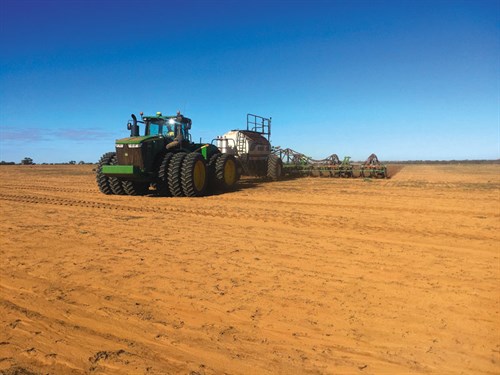
"They’re all from South Canterbury – places such as Ashburton, Timaru, and Waimate. A couple of them are NZ Young Farmers members.
"They get me to recruit a lot of people. They’re always chasing good workers. I recommend every young person who wants to broaden their outlook go over and give it a crack."
Keep up to date in the industry by signing up to Farm Trader's free newsletter or liking us on Facebook













.jpg)

.jpg)

